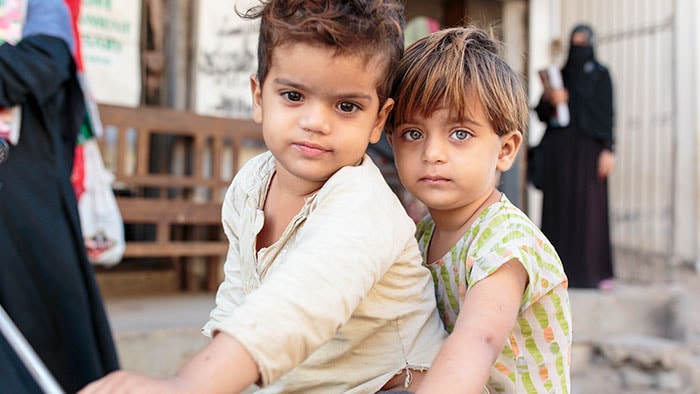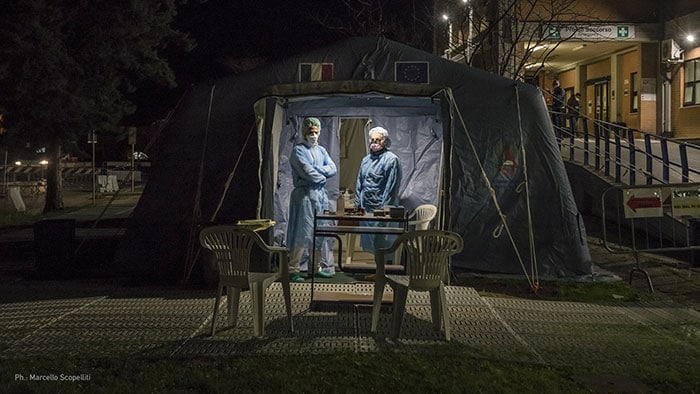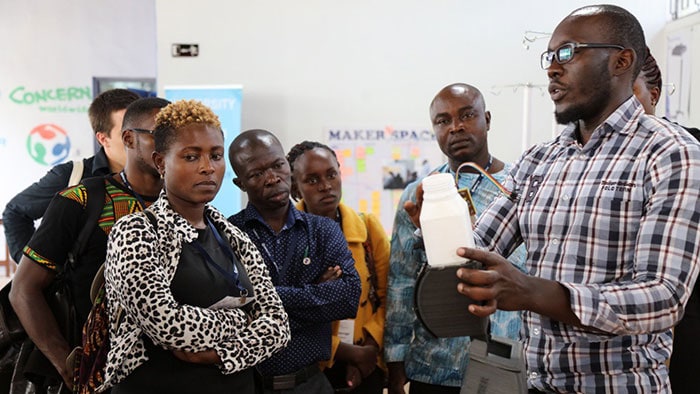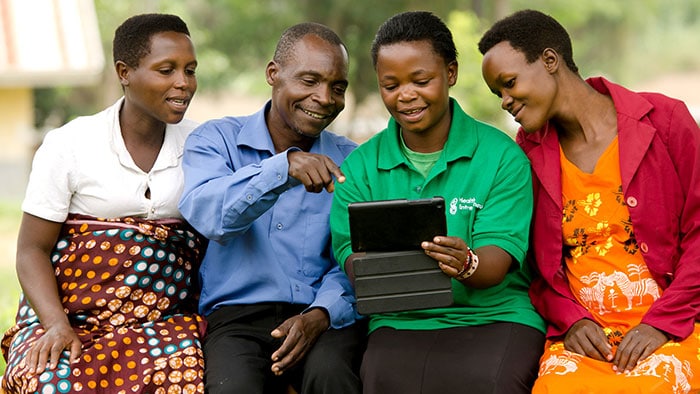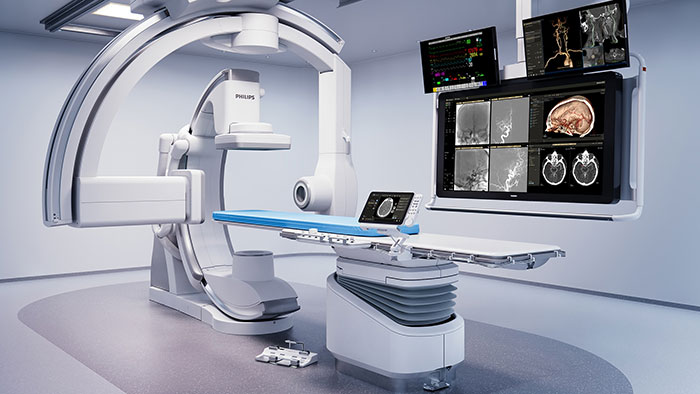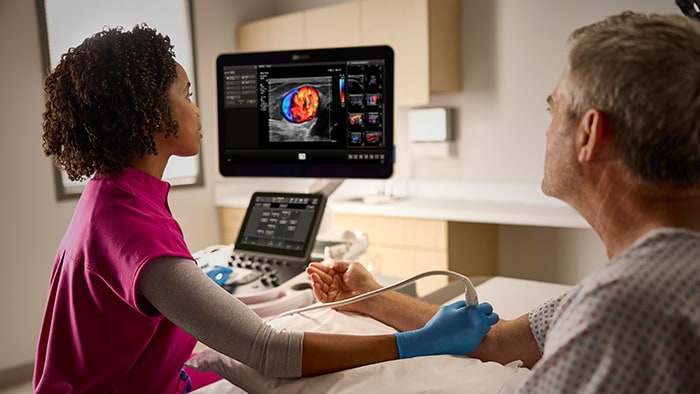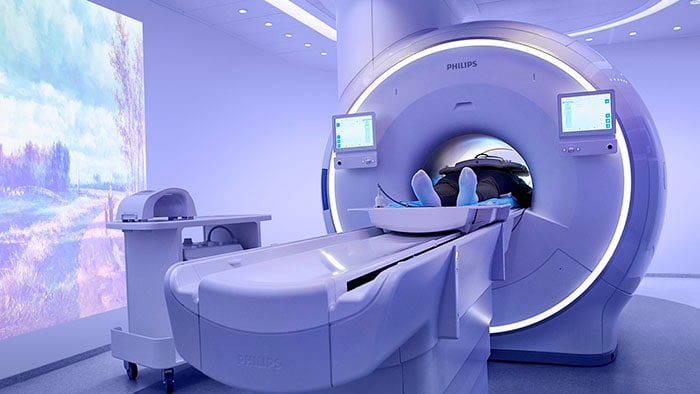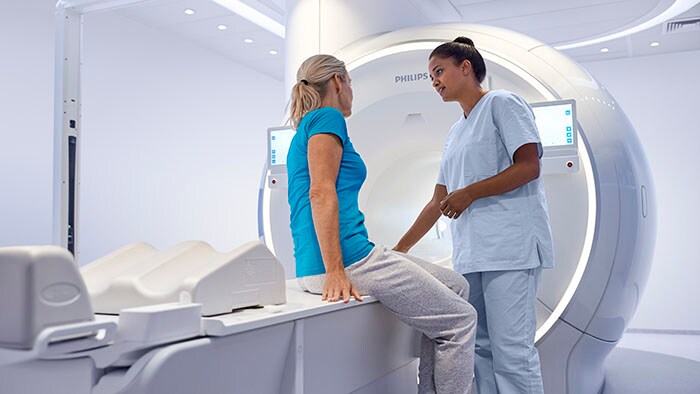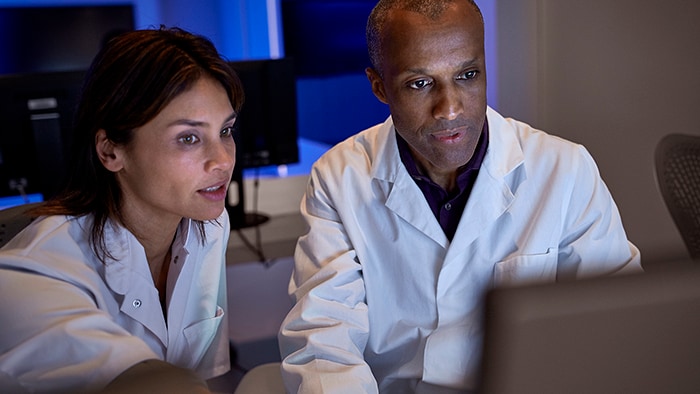May 04, 2021
Philips Foundation publishes its 2020 Annual Report highlighting the deployment of health technology expertise for underserved communities
Amsterdam, the Netherlands – Philips Foundation, with its mission to provide access to quality healthcare for underserved communities through meaningful innovation, today announced publication of its 2020 Annual Report. The report outlines the success of more than 75 projects in 2020 that resulted in 7.5 million people in disadvantaged communities around the world having access to affordable quality healthcare services. This includes projects in China, Africa, Europe, and the Middle East.
2020 was an incredibly challenging year, with the COVID-19 pandemic bringing the importance of global access to quality healthcare into sharp perspective.
Margot Cooijmans
Director of the Philips Foundation
“2020 was an incredibly challenging year, with the COVID-19 pandemic bringing the importance of global access to quality healthcare into sharp perspective,” says Margot Cooijmans, Director of the Philips Foundation. The urgency of our support responses worldwide took a dazzling flight. I am incredibly grateful to all the partners who joined forces with us in 2020 to deliver timely relief as well as lasting change, and to the employees of Philips and the Philips Foundation, for their constant support and energy in putting our mission into action - organizing access to healthcare for underserved communities.”
COVID-19 response
When the COVID-19 pandemic struck at the beginning of 2020, Philips Foundation stepped up its efforts to protect those communities most at risk. Notable examples highlighted in the organization’s Annual Report include: A full list of Philips Foundation’s COVID-19 response efforts is available on its website. In addition to its COVID-19 response efforts, Philips Foundation succeeded in initiating new projects and keeping other ones going. Two examples that stand out are Philips Foundation’s joint initiative with UNICEF to fund and support the ‘Maker Innovation’ project in Kenya, and its collaboration with UK charity Global Action Plan to launch the ‘The Clean Air for Schools Framework’.
New direction
In 2020, Philips Foundation made a strategic decision to focus on partnerships with social entrepreneurs to develop healthcare technologies and sustainable models that provide underserved communities with affordable access to healthcare - models that leverage the business and innovation expertise and resources of Philips to facilitate solution development and scale-up. Philips Foundation helped 50 Healthy Entrepreneurs franchisees in Uganda, small businesses in local communities that sell over-the-counter medicines and health products, to expand their services with diagnostic tools and telehealth services. This resulted in increased public awareness of disease, better insight into patients’ conditions, reduced patient expenses, and increased revenue. In addition, Philips Foundation provided a loan to CheckUps Medical, a provider of affordable primary healthcare services in Kenya and South Sudan, to help more low-wage families access medicines and care, launch a mobile clinic, and further develop CheckUps’ teleconsultation and home care services that started during the local lockdown. Philips Foundation also enabled the setting up of the Solvoz rapid humanitarian aid procurement platform, as well as the Mondmaskerfabriek, which at the beginning of the COVID-19 crisis was the Netherlands’ first surgical face mask manufacturer. As the Philips foundation moves forward, it will continue to foster innovation and create scalable models that make healthcare provision more equal and open to millions of people in underserved parts of the world. To read the full Annual Report, click here. [1] Whitehouse A, Effects of air pollution exposure on child health and do interventions work?, Centre for Genomics and Child Health, Blizard Institute, Queen Mary University of London (UK) https://www.globalactionplan.org.uk/files/effects_of_air_pollution_exposure_by_dr_abigail_whitehouse.pdf
About the Philips Foundation
Philips Foundation is a registered charity that was established in 2014 – founded on the belief that innovation and collaboration can help solve some of the world’s toughest healthcare challenges for the underserved and make essential impact. Reflecting our commitment to United Nations SDGs 3 (Ensure healthy lives and promote well-being for all at all ages) and 17 (Revitalize the global partnership for sustainable development), the mission of the Foundation is to reduce healthcare inequality by providing access to quality healthcare for disadvantaged communities. Philips Foundation fulfills its mission by deploying Philips’ expertise, innovative products and solutions, by collaborating with key partners around the world (including respected NGOs such as UNICEF, Amref and Save the Children), and by providing financial support for the collaborative activities. More information on can be found at www.philips-foundation.com



